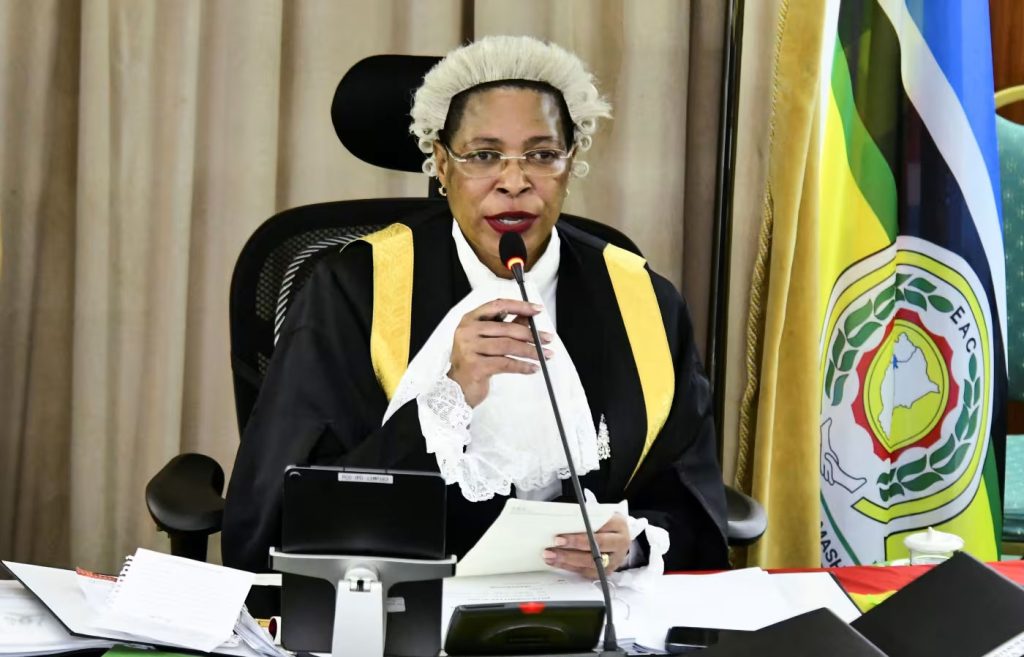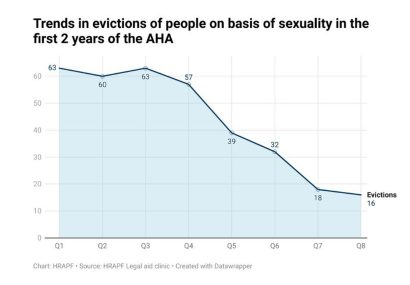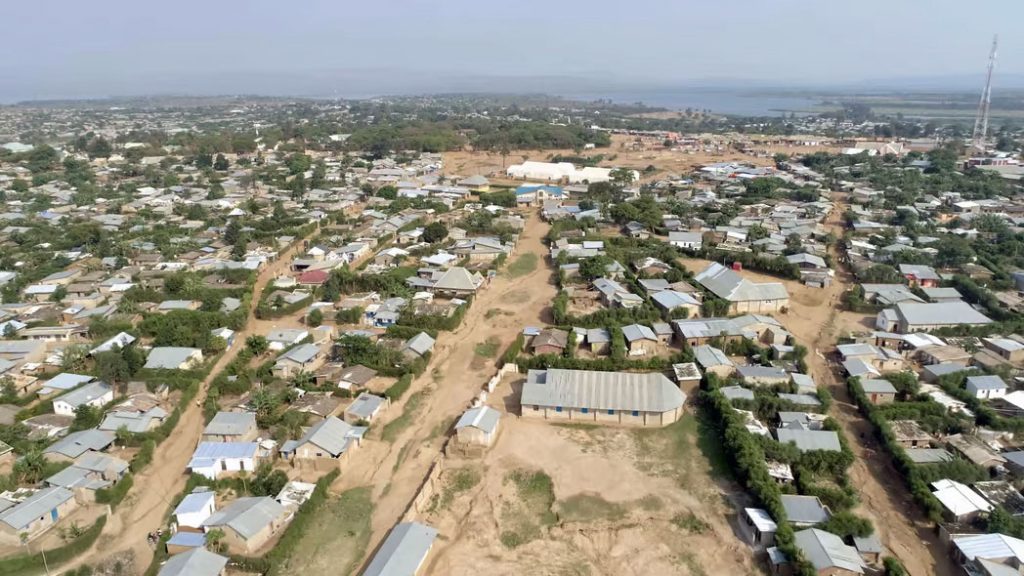Number of victims of Uganda’s Anti-Homosexuality Act keeps growing
Joto La Jiwe is a Ugandan correspondent for the African…
In two years, hundreds of LGBTIQ+ Ugandans have faced arrest, violence, and evictions

As Uganda‘s Anti-Homosexuality Act marks its second anniversary, the Human Rights Awareness and Promotion Forum (HRAPF) has published a new report showing a long and growing list of human rights violations targeting LGBTQI+ people.
In the past two years, a total of 1,743 cases involving LGBTIQ persons have been handled across the HRAPF legal aid network, of which 844 cases (48.4%) targeted LGBTIQ people on the basis of their sexuality, affecting a total of 1,072 persons. This means that on average, at least one person was affected every day.
“These are not just numbers, they are fellow Ugandans and fellow human beings who, like any other citizen, have rights that must be protected,” says Ruth Amuron, a human rights advocate.

The right to housing for LGBTQ persons was one of the most directly affected rights by section 9 of the AHA, which criminalized letting premises to persons “for purposes of homosexuality.”
Between May 2023 and May 2025, HRAPF documented a total of 365 cases of eviction of individuals from rented premises and/or villages purely based on presumed sexuality or gender identity. These incidents affected 443 persons.
Cases of eviction peaked in the third quarter of enforcement of the AHA (December 2023 to February 2024) at 89, but there was a sharp decline in cases of evictions in the period after the Constitutional Court judgement on 3 April 2024, which nullified sections of the AHA dealing with leasing premises to queer people.
While the AHA 2023 did not specifically criminalize LGBTQI+ identities, it fueled stigma against LGBTQI+ persons, leading to increased homophobic violence.
A total of 348 cases of violence and threats of violence, including physical assaults, sexual violence, and arson and mob action, were documented affecting 423 persons.
Since AHA came to force two years ago, 122 homosexuality-related arrests have been reported, affecting 197 individuals.
That number is much higher than usual. HRAPF’s legal aid clinic reported only 17 cases of arrests for sexuality related reasons in 2017, and 27 such arrests in the whole of 2022.
Arrests on sexuality-related charges peaked in the fourth quarter of enforcement, with 22 cases reported in that quarter alone, and arrests have remained near the same level in the following quarters, with a noticeable spike from December 2024 to February 2025.
“Each arrest is a door slammed on dignity and silence enforced by law. They say it’s about ‘morality’ but it is just fear, weaponized. It’s not just the arrests it’s a pattern of violence and of laws made not to protect but to punish our existence,” says Eric Ndawula a Queer Digital Rights Activist.
Sexuality-related arbitrary arrests are the single class of violations that have not abated in the wake of the Constitutional Court judgment striking down sections of the AHA.
According to HRAPF, this is explained by the fact that the criminalization of sexuality in sections 2, 3, 5 and 11 of the AHA were not nullified by that judgment, thus continuing to legitimize the police harassment of LGBTQ persons.
“This is an indication that public reaction to and perception of LGBTQ persons and LGBTQ rights is in fact directly influenced by the position of the law,” the report states.

The authors of the report are therefore of the view that cases of human rights violations and violence against LGBTIQ persons based on their sexual orientation and/or gender identity in Uganda will reduce significantly when the entire AHA is annulled.
“It is therefore imperative that we all join efforts and advocate for the annulment of the Anti-Homosexuality Act in order to save the dignity and protect the rights and safety of LGBTIQ persons in Uganda,” the report concludes.
While the highest number of violations related to SOGIE occurred in Wakiso and Kampala Districts, many such violations were also reported from locations across the country.
A particularly high number of violations were reported from Nakivale Refugee Settlement in Isingiro District, Western Uganda affecting largely LGBTQI+ refugees and asylum seekers.





What is Uganda supposed to do? Support the modern invention and manipulate history to make them feel comfortable. Well, it’s not great that the speaker of parliament supports that law, not to infections.